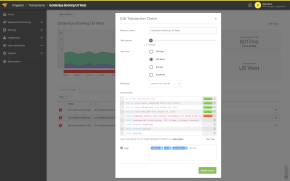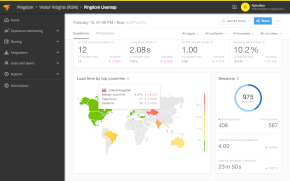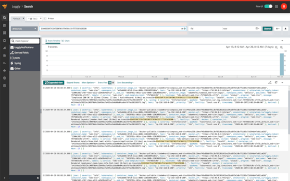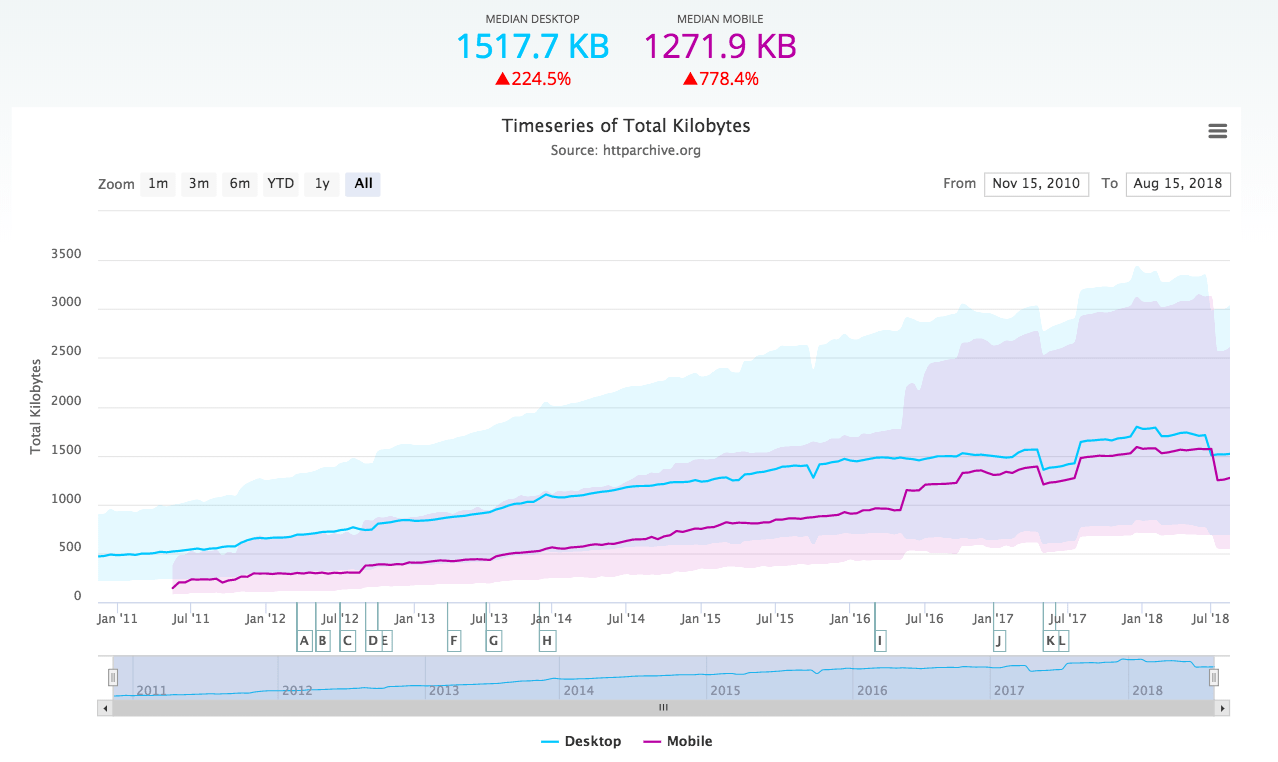Extra seconds of user time
Peter uses a five-year-old PC. Well, he’s actually thinking of buying something new, but for the moment, he’s stuck with his old tractor. In fact, his whole family uses the same computer, leaving all their applications on. The family keeps the same browser window open for days and is currently racking up thirteen open tabs. Peter is anxious about trojan horses, despises adware and has installed a parental control plug-in, so besides antivirus software, his toolbar on his IE9 has a handful of slick add-ons running. When he visits your site, he’s using a six-year-old modem and, by the way, his computer has not been switched off for days, since Peter’s family likes to have easy access. At the same time he enters your fabulous online store, people in Peter’s neighborhood starts to stream the latest Game of Thrones episode. All of these factors add up to extra seconds of user time.
That’s right: seconds.
“When people like him are unhappy with how fast a page is loading, the number one target for their blame is the site – not their equipment.”
Peter’s not happy with your site. He think it’s crap, actually. Fair? No. But unfortunately, when people like him are unhappy with how fast a page is loading, the number one target for their blame is the site – not their equipment. Needless to say, every second lost result in lost revenue for your company.
The last feet not in your hands
As a website owner, you have 100 percent control over your site, plus a substantial amount of control over the first and middle mile of the network your pages travel over. But when it comes to the last few feet – matters are no longer in your hands, as you just read in the example above.
Most non-techie Internet users don’t know that a performance penalty is inevitable and unavoidable, because of realtime operating antivirus software, pausing all files coming through the browser for inspection before being permitted to download. Running too many applications at the same time affects performance (particularly security plug-ins). The longer the browser remains open, the greater its likelihood of slowing down and crashing. Most people keep the same browser window open and live with the slow performance degradation that follows. They consider themselves too unsavvy to upgrade their memory (or their ancient browser, for that matter). Instead, they suffer with poor performance until it gets so bad they finally replace their device.
“A 2-second delay during a transaction results in shopping cart abandonment rates up to 87%.”
The average person replaces their device every 4.5 years. In those years, performance can seriously degrade due to viruses or, most commonly, simply running low on memory. And when pages are slow, business metrics suffer – more than they did a few years ago.
Business metrics suffer
In June 2012, Pingdom ran the top 100 e-commerce websites in the world through a set of grueling tests to find out which sites are really fast, which are really big, which ones load a lot of files, and much more. Some sites were slim and trim. Others were slow and bloated (one site took almost seven seconds to load).
In October 2014, Radware came to some scary conclusions about e-commerce sites in the U.S:
- Slow pages correlate to more than $3 billion in lost e-commerce sales every year.
- 44% of online shoppers fear that slow checkout pages mean something went wrong with the transaction.
- A 2-second delay during a transaction results in shopping cart abandonment rates up to 87%.
Arm yourself with knowledge
Each generation of browser offers performance gains over the previous generation and some browsers handle some content types better than others. The extent of the performance penalty depends on the software and on the composition of the page/resource being rendered in the browser.
Gain control over your pages by investing in a killer back end, deploy the best content delivery network that money can buy and optimize your pages by improving:
- Resource consolidation
- Compression
- Smarter browser caching
- Image sizing
- The use of JavaScript*
*JavaScript is the fastest-growing contributor to web page size, as we discussed before.
Pingdom handles gzip compression in our HTTP and HTTPS checks. It allows our probes to behave more like a real browser and the way they work when downloading content from your webpage. And what you really need is real user monitoring, since it gives you full visibility into how actual people are experiencing your site. Pingdom’s Real User Monitoring service gives you insight into your website’s performance and helps you answer questions like how your website really perform from a specific:
- Country
- Device
- Web browser
Peter is out there. We wish you the best of luck encouraging him to put lots of products in your shopping cart, making the purchase and come back for more.























